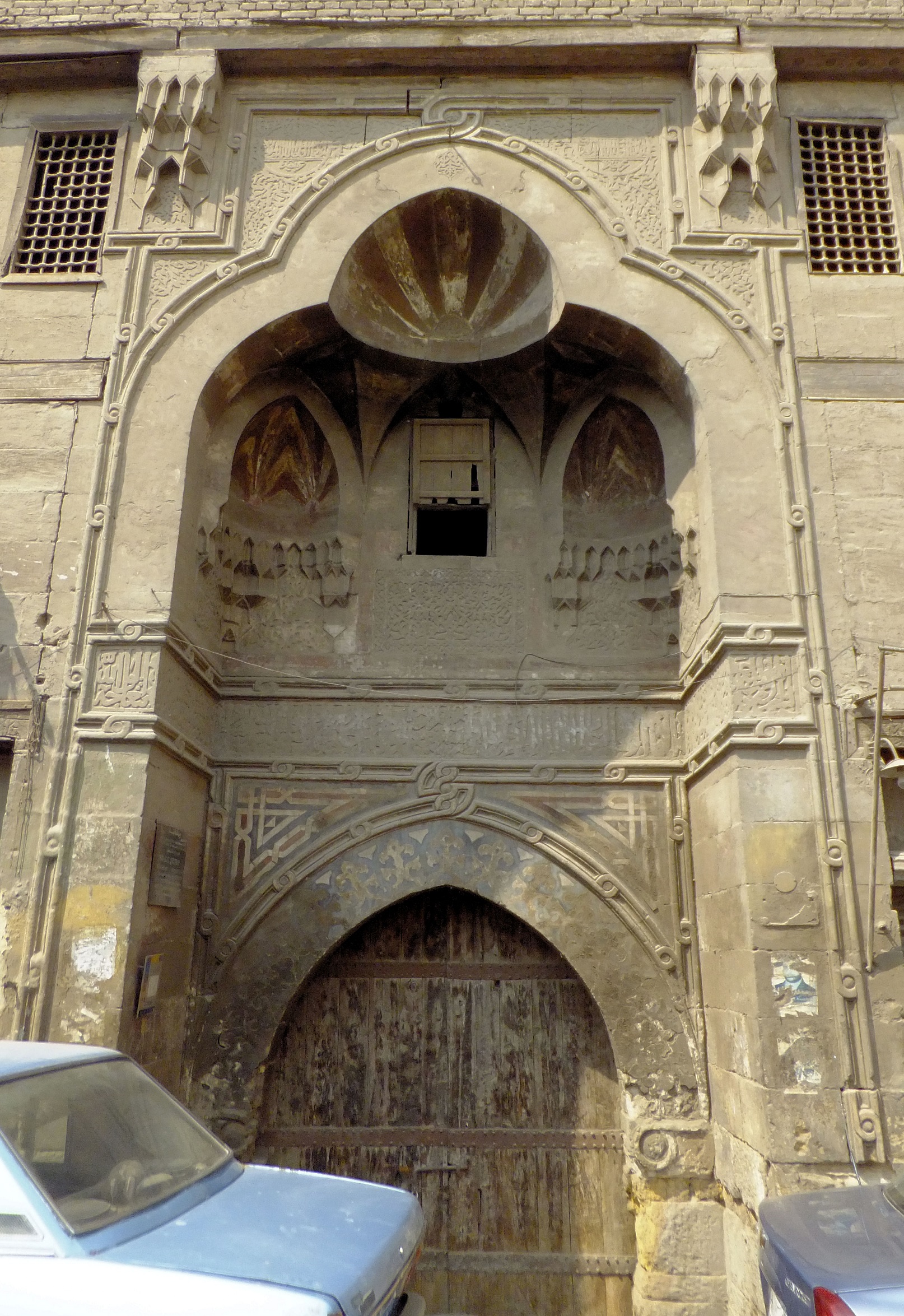|
Wakala Al-Sultan Qaytbay
The Wikala of Sultan Qaytbay or Wakala of Sultan Qaytbay (among other variations) is an urban caravanserai (''wikala'' or ''wakala'') and ''rab'' (apartment complex) built by Sultan al-Ashraf Abu al-Nasr Qaitbay in 1481 CE in Islamic Cairo, the historic medieval district of Cairo, Egypt. Historical context and location The structure is located next to the inner side of Bab al-Nasr, a monumental 11th-century fortified gate in Cairo's Fatimid-era walls. This location placed it at one of the main entrances to the city and at the beginning of one of the major streets leading towards its center. Sultan Qaytbay, one of the most prolific architectural patrons in Mamluk history, had this wikala built in 1481. While the Mamluk Empire was nearing its decline, Qaytbay oversaw a period of relative stability and prosperity, and commerce was still vigorous. Many similar wikalas were built along the city's major commercial zones, such as Qaytbay's earlier Sabil-kuttab-wikala built in 1 ... [...More Info...] [...Related Items...] OR: [Wikipedia] [Google] [Baidu] |
Caravanserai
A caravanserai (or caravansary; ) was a roadside inn where travelers ( caravaners) could rest and recover from the day's journey. Caravanserais supported the flow of commerce, information and people across the network of trade routes covering Asia, North Africa and Southeast Europe, most notably the Silk Road. Often located along rural roads in the countryside, urban versions of caravanserais were also historically common in cities throughout the Islamic world, and were often called other names such as ''khan'', ''wikala'', or ''funduq''. Terms and etymology Caravanserai Caravanserai ( fa, کاروانسرای, ''kārvānsarāy''), is the Persian compound word variant combining ''kārvān'' " caravan" with ''-sarāy'' "palace", "building with enclosed courts". Here "caravan" means a group of traders, pilgrims or other travellers, engaged in long-distance travel. The word is also rendered as ''caravansary'', ''caravansaray'', ''caravanseray'', ''caravansara'', and ''caravansa ... [...More Info...] [...Related Items...] OR: [Wikipedia] [Google] [Baidu] |

